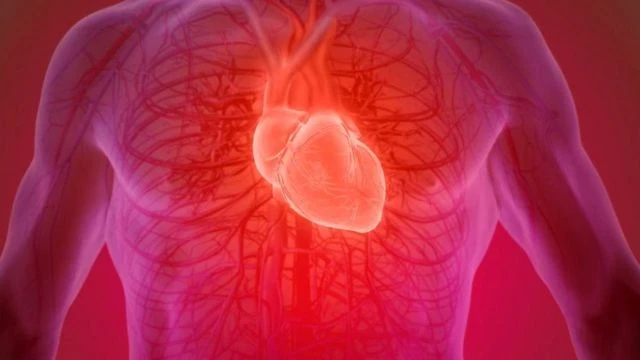Duyshenalieva also mentioned that 15 years ago, many were unaware of the harm of salt and the need to reduce its consumption to prevent cardiovascular diseases. Currently, campaigns are being conducted in the country aimed at reducing salt consumption.
It was previously reported that there are plans to reduce the level of salt consumption among the population to prevent cardiovascular and other non-communicable diseases.
It is important to note that according to WHO recommendations, adults should not consume more than 2000 mg of sodium per day, which is equivalent to less than 5 grams of salt — just under one teaspoon.
For children aged 2 to 15 years, WHO recommends reducing this norm based on their energy needs. However, these recommendations do not apply to children under 6 months who are exclusively breastfed, nor to those who are on complementary feeding while continuing breastfeeding between 6 to 24 months.
- According to WHO data, high salt consumption is one of the main risk factors for the development of non-communicable diseases such as hypertension, ischemic heart disease, strokes, obesity, and type II diabetes. These diseases are the leading causes of premature mortality and loss of productivity in the population.




















